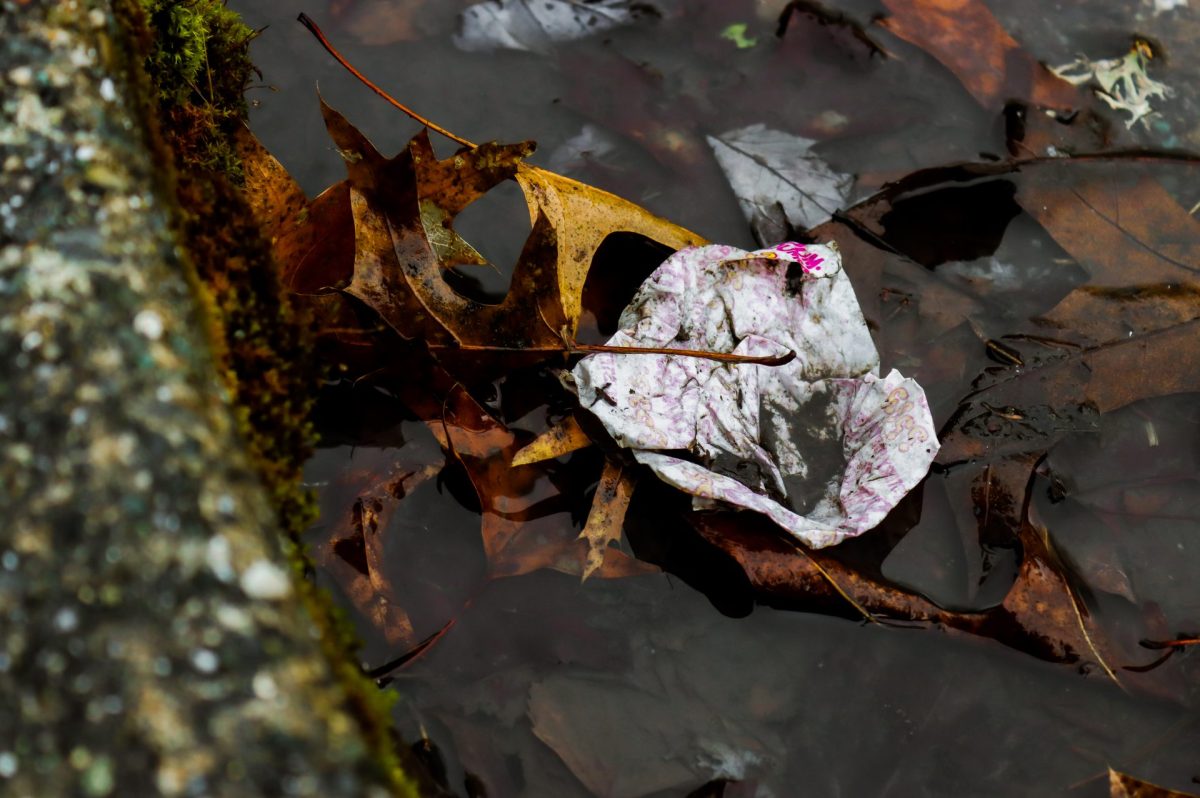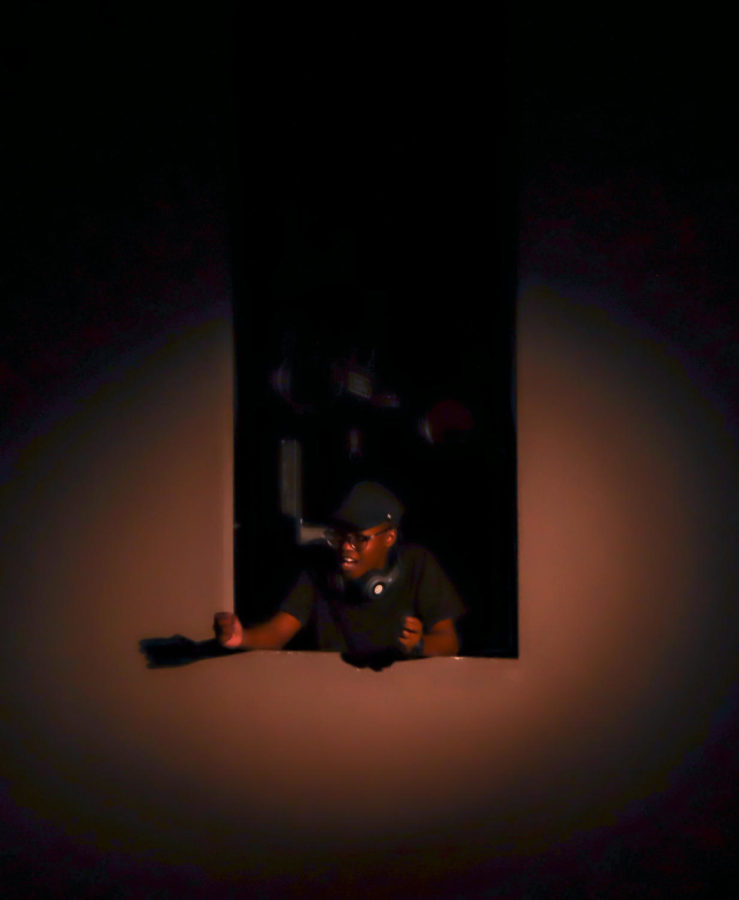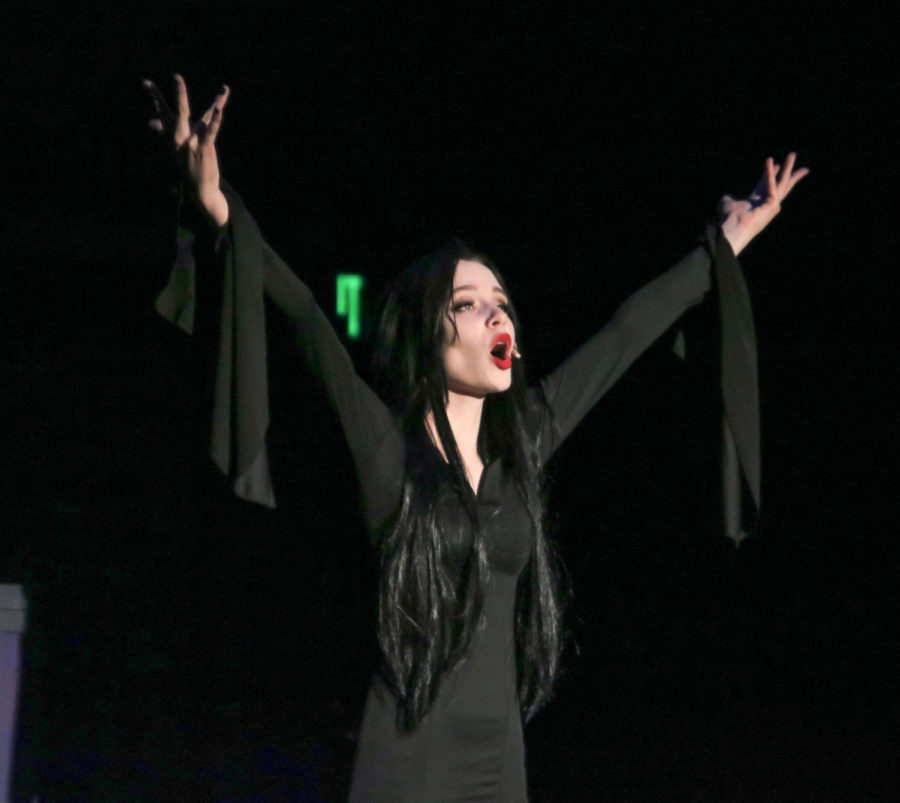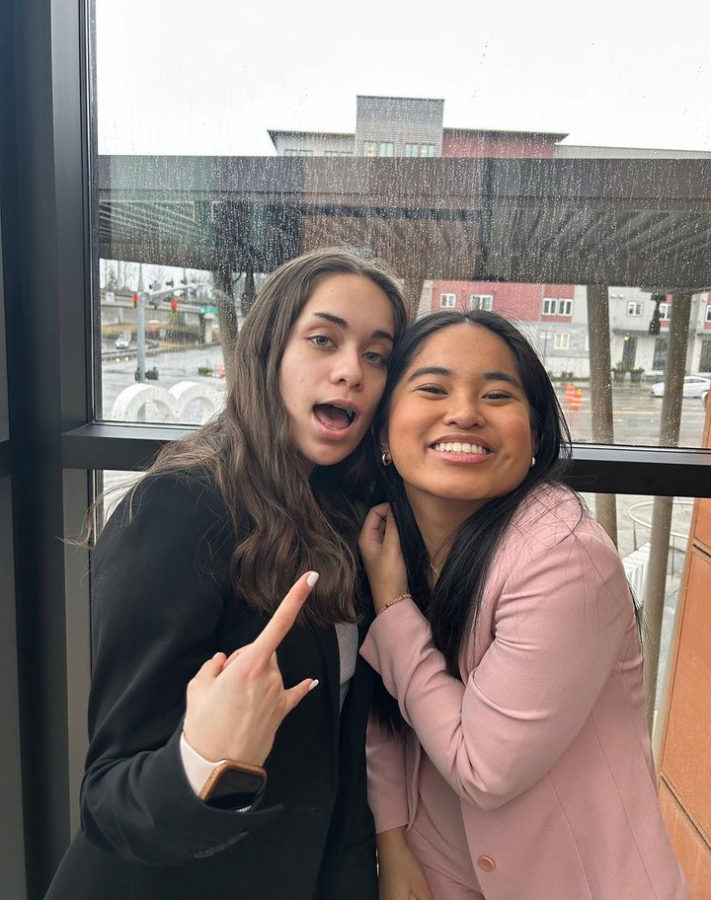Looking at the world through “many different lenses,” opens up all types of opportunities and possibilities, according to physics teacher Jim Matthews. He said he thinks people should take all different kinds of classes, from math to art, to help open their minds to the world.
“If you are able to see the world the way that a scientist, a writer, a poet, an artist, a historian sees it, if you’re able to see the world through all those different lenses at the same time, then I think that is going to make the world way more exciting and rich,” Matthews said.
He said that science “demands a different way of thinking than other disciplines do.”
The goal of the MTHS science department as a whole is to teach as many different kinds of classes as possible in order to reach as many different students as possible, according to biology teacher Adam Welman. Although just two science credits are required to graduate and colleges recommend taking three , MTHS offers nine different science courses.
Welman believes it’s important for students to pursue science “whether it’s your passion, or you’re trying to broaden your horizons.”
The science department aims to target anyone willing to challenge themselves, Matthews and chemistry teacher John Traxler said.
Although it can be easier for students to succeed who have natural talent in math and science, Welman said if a student works hard, he or she can definitely be successful.
“I found biology and chemistry as a high school student easier, it made more sense, it worked, whereas physics was really challenging for me. Sure enough, I put in extra effort and it turned out okay,” Welman said.
Traxler also said that analytical students love science and the best are those who think about science creatively.
Another objective of the science department, according to Matthews and Welman, is “to make a scientifically literate population at Mountlake Terrace High School.”
To do this, science teachers push content knowledge as well as how to collect evidence and data, then use that information to support ideas and create conclusions.
“Collecting, interpreting and using evidence is the skill set that might be more useful in science than in other classes,” Welman said.
Science also builds one’s ability to “make sense of the world around you and the observations that we see,” Matthews said.
Science classes offered at MTHS include varying levels of biology, chemistry, and physics as well as physical science, astronomy, and zoology. Each science class has its own focus and teachers use different strategies to help their students.
According to Traxler, every science class has unique tools and ways of learning. Science gives students the opportunity to use more hands-on stuff that can support learning than other classes, Welman said.
Welman finds excitement in the tools he gets use as parts of his biology lessons, such as DNA manipulation tools like gel electrophoresis. Other tools students get to work with include microscopes, computer animations and models.
Biology covers topics such as DNA, genetic engineering, ecology, evolution and cells.
When teaching, Welman tries to make topics relatable for his students. For instance, he relates mitosis, a bland topic, to students’ lives by describing its connection to cancer.
“My philosophy is [that] it’s important to try to teach things in a lot of different ways,” Welman said.
He also tries to keep up on current events and bring real life situations into the classroom when they apply.
“A lot of biology relates to real life and if you pay attention you will see those connections in the years after you are done… I want students to be able to make informed decisions about science and about biology when they get out of here,” Welman said.
He tries to teach students to determine the credibility of what they may hear or read and if the information is supported by evidence.
“I’ll be pretty frank when talking about, for example, politicians that are discussing climate change. When you’re analyzing things, [you have to ask yourself] ‘Is that person, that elected official, that public figure using data and evidence for his or her claims, or not?’ So getting good at that here will maybe help you interpret things like that later on,” Welman said.
Besides bringing news into the classroom, Welman also uses traditional means of teaching such as using a textbook though he likes to do hands-on activities, computer simulations, incorporating individual and group projects.
“I think that by teaching it lots of different ways, I can reach those students who might learn in different ways and that students who put in the effort can do just fine. Anybody can do well in here as long as they work hard and I work hard to teach them in a lot of different ways,” Welman said.
Physical science covers introductory chemistry, physics and astronomy, while the Advanced Placement (AP) Physics curriculum includes kinematics, forces, work and energy, momentum, circular motion, gravitation, sounds and electrostatics, according to Matthews.
Physics has its own set of tools students get to use. Most commonly veneer probers, motion detectors, various simulations as well as others according to Matthews.
He tries to present to his students a reason to learn the material in his classes. Through labs and other class activities, he wants his students to come to their own understanding of the concepts and processes.
It is Matthews’ hope that his students learn to communicate and listen when working in lab groups, and then be able to use their evidence to support or refute an idea.
In Traxler’s chemistry classes, the main focus is critical thinking. They are built on observation, technology, and the ability to read scientific text as well as problem solve mathematically.
Traxler, like Welman, attempts to bring in real world connections to show how chemistry affects everyday lives.
As someone who hates sitting, Traxler tries to get his classes up out of their seats and moving by doing labs and demonstrations that they are involved in, which other science teachers also try to do.
Science teachers are determined to guide students to increase their knowledge in a meaningful way.
The department works together to help each other grasp concepts and collaborate on curriculum, lending each other a hand even though they may teach different subjects.
“I have colleagues who are excellent at explaining [different scientific concepts] to me and vice versa. When I talk about why I like teaching at Terrace it’s because my colleagues are great to talk to and bounce ideas off of,” Welman said.
Science teachers are also genuinely interested in the subjects they teach, which benefits the students’ learning and makes the classes more intriguing.
“I love science, I love chemistry and I’ll be honest, I’m good at it. I’ve always been good at chemistry and I can explain difficult things in a simple way. I think that since I have that gift, I should share it,” Traxler said.







